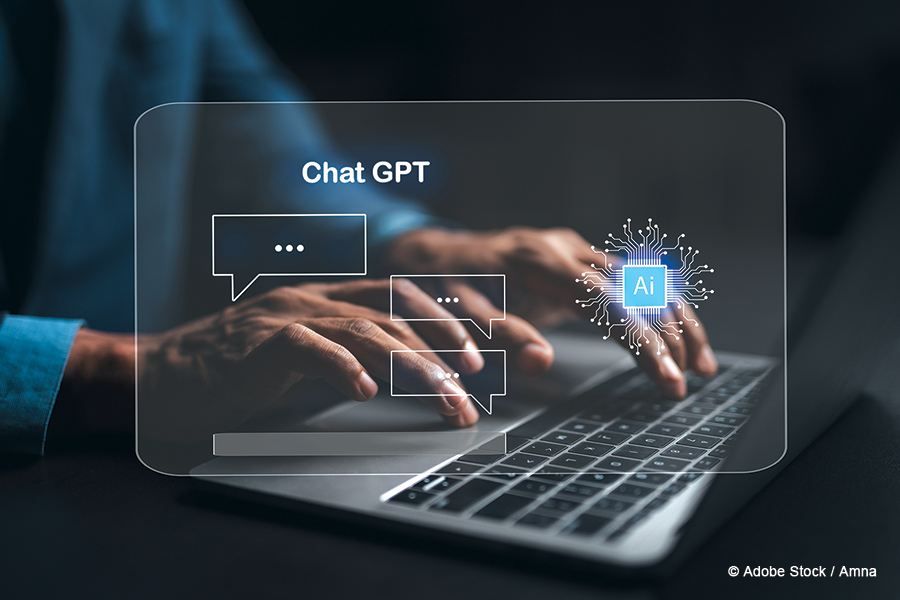Virtual (VR), augmented (AR), and mixed realities (MR) all fall under the umbrella of extended reality (XR) and are characterized by extending a user’s experience into different worlds via technology that simulates those realms. In healthcare, currently, one of the main uses of XR occurs during surgery.









